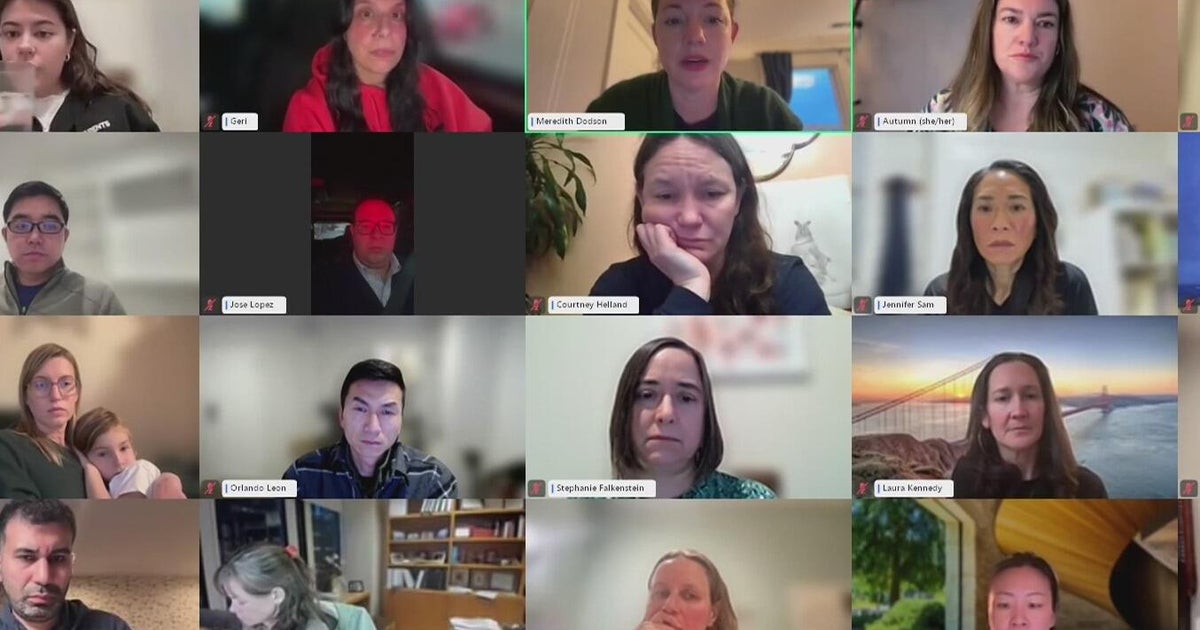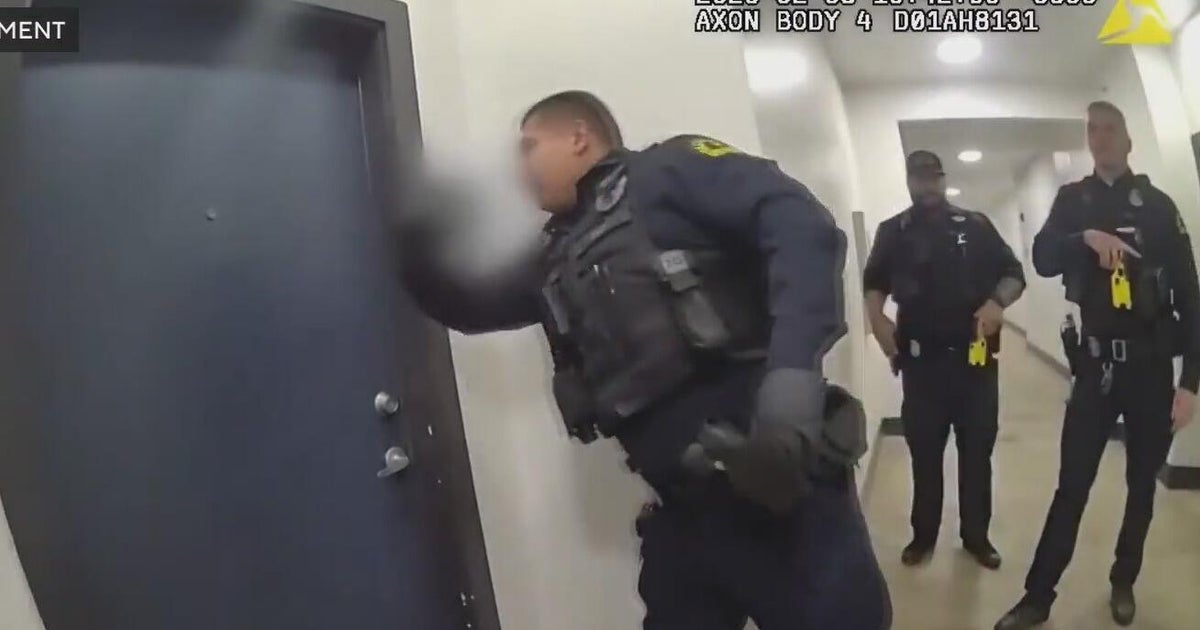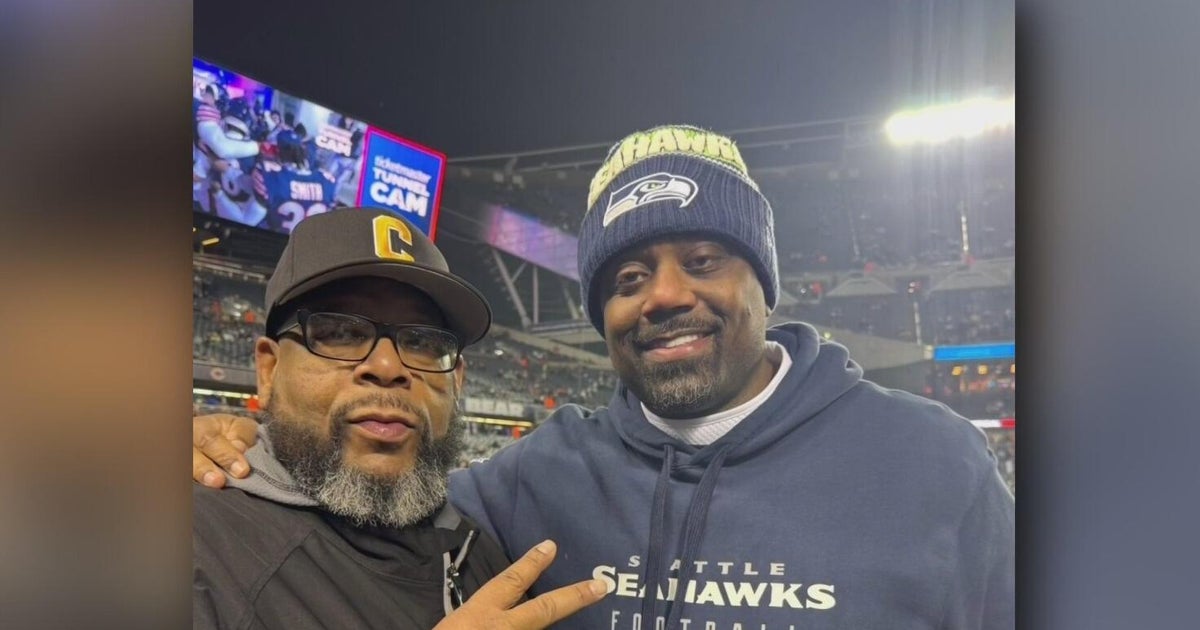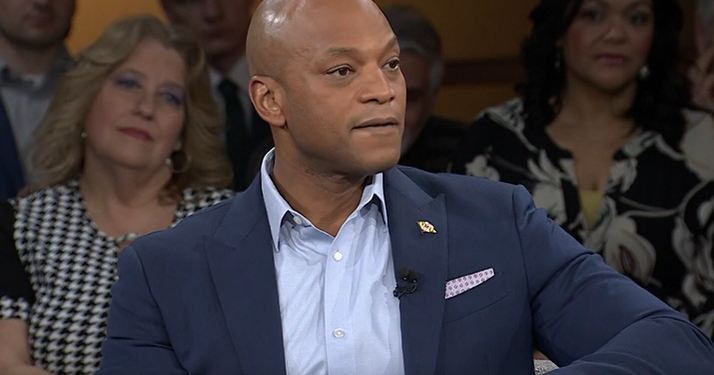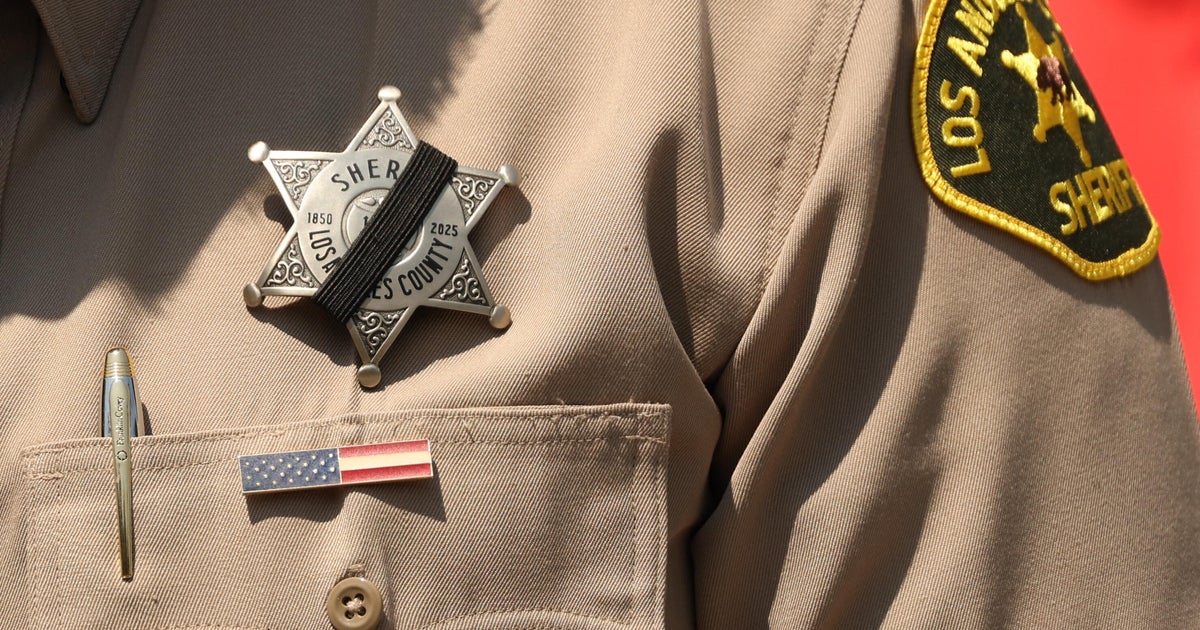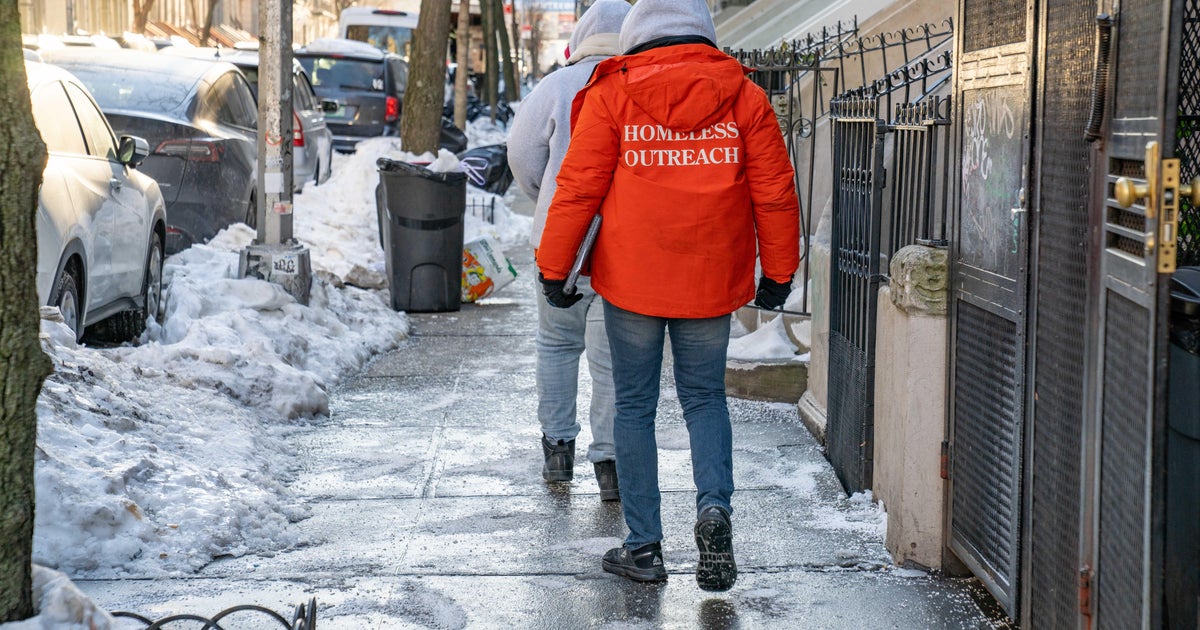Talking To Children About Ebola
Follow CBSDFW.COM: Facebook | Twitter
DALLAS (CBSDFW.COM) - Ever since the first Ebola diagnosis on U.S. soil was confirmed last week, news of the Ebola scare has been impossible to avoid—even for kids.
"I know she's paying attention," says Forney Mom Jackie Wood, "because she asks questions." And that's just fine with Wood. She says she and her husband James don't shield their four-year-old daughter from the day's headlines because they know she will hear the information somewhere, and they'd rather be the ones to answer her questions… and that goes double for tough topics like Ebola.
"We try to break it down into simple terms that she can understand," says Wood, while adding that doing so helps to "ease any fears that she may have in case she hears anything at school or from family. [We ] try not to let her worry."
Complete Coverage Of Ebola In Dallas
It's an approach that many experts support.
"I would say there are very, very few children who have not heard about the Ebola crisis, " says Susan Hoff, Chief Strategy and Operating Office with the United Way of Metropolitan Dallas. "But, there are also many children who haven't gotten accurate information."
United Way member agencies have been hearing from parents all week, she says, who are concerned about the level of misinformation spreading among children, and looking for advice on how to handle a potentially frightening topic.
Hoff shared a story of North Texas parents who while tucking in their daughters for bed one night, were shocked when one sister said, "I don't want my sister to sleep with me because I think she may have Ebola." Parents, she says, should take note.
"In [the] absence of information, they'll make things up to fill in the blanks."
So it is important, she says, for parents to control the conversation and she offers the following advice:
*Give children information that is clear and accurate, but also age appropriate. Too much information, she says, can sometimes be as bad as none at all.
*Use the crisis as an opportunity to teach compassion for others.
*Acknowledge that it IS scary.
*Most importantly: remind them that they are safe and that you will take care of them.
It also helps, she says, when parents believe so themselves.
"I'm concerned," admits Wood, "but, I'm not terrified. I'm not scared. If she sees that I'm scared, she's going to be scared, so we have to stay level headed about it."
(©2014 CBS Local Media, a division of CBS Radio Inc. All Rights Reserved. This material may not be published, broadcast, rewritten, or redistributed.)
Latest News:
Top Trending:
